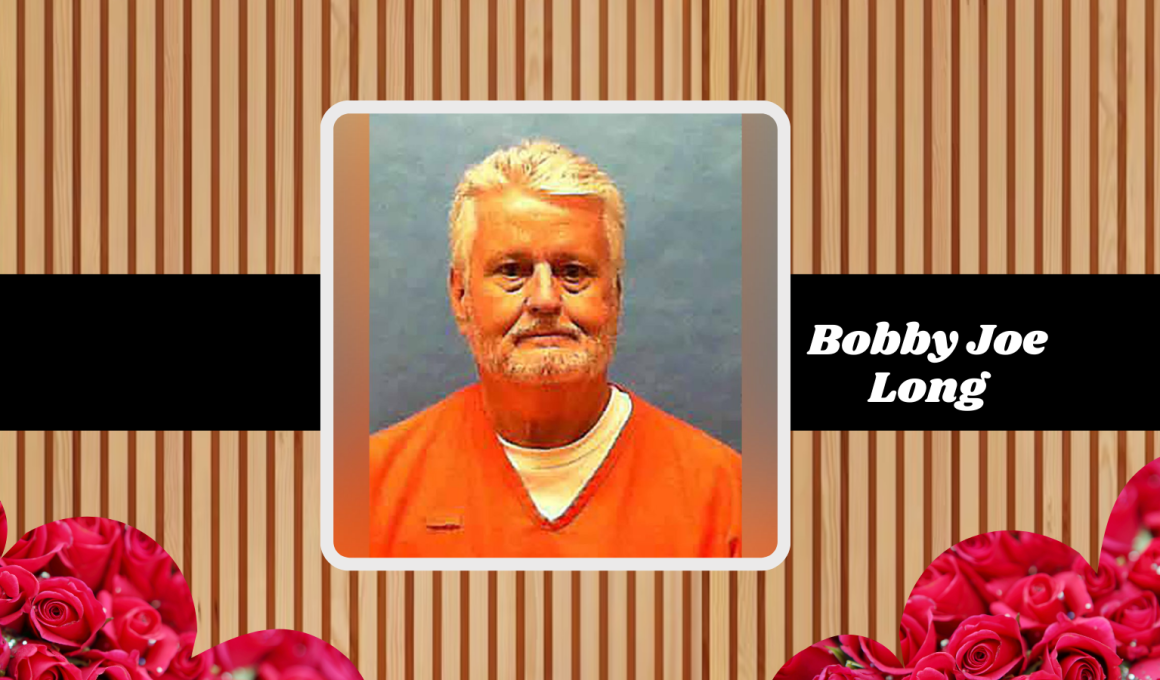Table of Contents Show
In the shadowy corridors of true crime history, few names resonate with as much chilling infamy as Bobby Joe Long. A man whose life was marred by violence and depravity, Long’s reign of terror in the 1980s left an indelible mark on Florida’s Tampa Bay area. This article delves into the life and crimes of Long, shedding light on his psychological profile, the investigative breakthroughs that led to his capture, and the legal proceedings that culminated in his execution.
| Field | Details |
|---|---|
| Popular As | Bobby Joe Long |
| Date of Birth | October 14, 1953 |
| Birthplace | Kenova, West Virginia |
| Nationality | American |
| Death | May 23, 2019, executed in Florida State Prison |
| Crimes | Abduction, sexual assault, murder |
| Arrest | November 16, 1984 |
| Sentencing | 26 life sentences, death sentence for one murder |

Early Life and Troubled Beginnings
Born in Kenova, West Virginia, on October 14, 1953, Robert Joseph “Bobby Joe” Long had an upbringing as tumultuous as his later years would prove to be. His childhood was marked by instability, frequent moves, and a fractured family life. Reports suggest Long suffered multiple head injuries as a child, which some experts believe may have contributed to his later violent behavior.
The Tampa Bay Terror
Long’s crime spree began in March 1984 and lasted until November of the same year. During this period, he abducted, sexually assaulted, and murdered at least eight women in the Tampa Bay area. His victims were often young women whom he approached under the guise of offering them a ride or assistance. The brutality of his crimes shocked the local community and set off a massive manhunt.
The Breakthrough: Lisa McVey’s Escape
The break in the case came with the escape of Lisa McVey, a 17-year-old girl whom Long had abducted. Her incredible courage and presence of mind allowed her to gather critical information about her captor, which she later provided to the police. This information proved pivotal in Long’s capture, showcasing McVey’s bravery and the importance of survivor testimony in solving crimes.
Forensic Evidence and Arrest
Forensic evidence played a crucial role in linking Long to the murders. Investigators found carpet fibers at the crime scenes that matched those in Long’s car, providing a tangible connection to the crimes. This evidence, combined with McVey’s testimony, led to Long’s arrest on November 16, 1984.
The Legal Proceedings
Initially, Long pled guilty to eight homicides in 1985, receiving 26 life sentences for his crimes. However, the brutal murder of Michelle Denise Simms stood out in its savagery, leading to a separate trial and a death sentence in 1986. Despite several appeals and a temporary vacating of his death sentence, it was eventually reinstated, culminating in his execution in 2019.
Execution and Final Moments
On May 23, 2019, Bobby Joe Long was executed by lethal injection at the Florida State Prison. His final meal consisted of roast beef, bacon, french fries, and soda, a mundane choice for a man whose life was anything but. Long made no final statement before his death, leaving many questions about his motivations unanswered.
Psychological Profile
Long’s violent tendencies have been the subject of much speculation and analysis. Some psychologists suggest that his crimes were rooted in deep-seated misogyny and a desire for control, possibly exacerbated by his troubled childhood and head injuries. Understanding the mind of a serial killer like Long is crucial for preventing future crimes and aiding in the rehabilitation of offenders.
Financial Insights
While comprehensive financial details about Long’s life are scarce, it is evident that his criminal activities were not motivated by financial gain. Unlike other criminals who engage in illegal activities for monetary benefit, Long’s actions were driven by darker, more personal compulsions. The lack of financial motive adds another layer of complexity to his psychological profile.
Public Reaction and Media Coverage
The story of Bobby Joe Long captured the public’s imagination, with extensive media coverage both during and after his trial. Documentaries and true crime books have explored his life and crimes in detail, contributing to his notoriety. The public’s fascination with Long’s story highlights society’s enduring interest in understanding the minds of serial killers.
Legacy and Lessons Learned
The case of Bobby Joe Long has had a lasting impact on law enforcement practices, particularly in the use of forensic evidence and survivor testimony. It underscored the importance of swift and thorough investigations in solving complex cases and protecting potential victims. Long’s story serves as a grim reminder of the violence that can lurk beneath the surface of seemingly ordinary lives.
FAQ
Q: How was Bobby Joe Long captured?
A: Long was captured after his victim, Lisa McVey, escaped and provided crucial information to the police, leading to his arrest.
Q: What was Long’s sentence for his crimes?
A: Long pled guilty to eight homicides and received 26 life sentences. He was also sentenced to death for the murder of Michelle Denise Simms.
Q: Did Bobby Joe Long have any known financial motives for his crimes?
A: No, Long’s crimes were not financially motivated. They were driven by personal compulsions and psychological issues.
Q: What role did forensic evidence play in Long’s conviction?
A: Forensic evidence, particularly carpet fibers found at crime scenes, was instrumental in linking Long to the murders.
Q: How did Long’s execution impact his victims’ families?
A: While Long’s execution provided a sense of closure for some of his victims’ families, the pain of their loss remains.
Conclusion
The narrative of Bobby Joe Long is a chilling chapter in the annals of crime, a story of terror that gripped the Tampa Bay area and left a lasting legacy on the field of criminal justice. Through the courage of survivors like Lisa McVey and the relentless pursuit of justice by law enforcement, Long was brought to justice, providing a measure of closure to his victims’ families. His story serves as a stark reminder of the human capacity for both evil and resilience.
By exploring the life and crimes of Long, we gain not only a deeper understanding of a notorious serial killer but also insights into the complexities of criminal behavior and the criminal justice system’s efforts to combat it. The lessons learned from Long’s case continue to inform and improve the processes that keep our communities safe.


